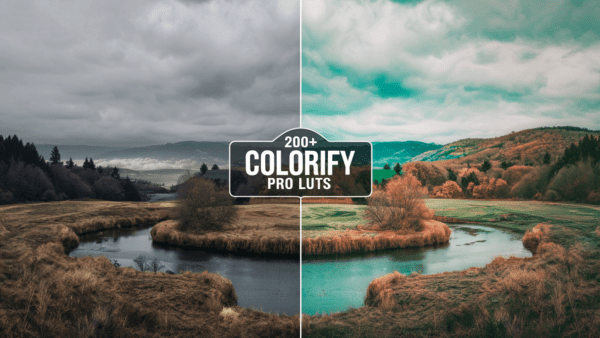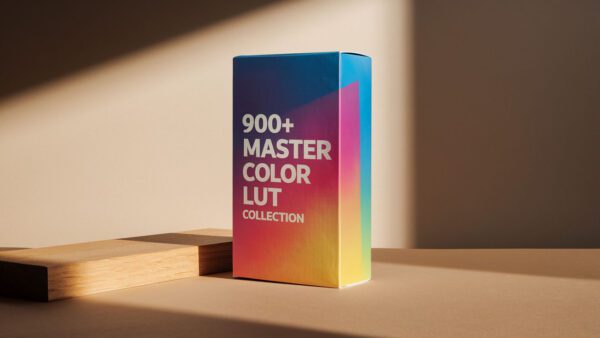Description
Exploring the Cinefx Master Collection
The Cinefx Master Collection stands out as a vital resource for creative professionals engaged in film and video editing. This comprehensive suite of effects is designed to enhance visual storytelling, making it an invaluable tool for filmmakers, video editors, and multimedia artists alike. The collection encompasses a wide range of effects, including stunning dust transitions and captivating particle effects, which cater to various aesthetic preferences and project needs.
One of the most remarkable aspects of the Cinefx Master Collection is its versatility. It provides an expansive array of effects that are particularly suited for projects with nighttime themes or golden visuals, allowing users to evoke specific moods and atmospheres effectively. For instance, dust transitions can create a seamless connection between scenes or add an intriguing layer to the narrative. When used thoughtfully, these transitions enhance the emotional depth of a film, guiding the viewer’s experience subtly yet powerfully.
Additionally, the particle effects included in the collection can transform ordinary visuals into something extraordinary. These effects can simulate rain, snow, or sparkling particles, which not only enrich the visual composition but also play a significant role in storytelling. Such effects invite viewers into a shared experience, enhancing the immersive quality of the narrative. The intuitive design of the Cinefx Master Collection ensures that users can easily integrate these effects into their projects, regardless of their skill level.
Ultimately, the Cinefx Master Collection serves as a powerful catalyst for creativity in visual media. By leveraging its diverse effects, artists can elevate the quality of their work, engage audiences, and evoke emotions, solidifying its place as a must-have resource in the modern creative toolkit.
Tips for Incorporating Dust Transitions and Particle Effects
Incorporating dust transitions and particle effects into video projects requires a thoughtful approach to ensure they enhance the overall visual narrative without overwhelming it. One of the first steps is to analyze the specific scene where these effects will be applied. When working in darker settings, consider using a subdued color palette to maintain a consistent theme. Dust particles in such environments can introduce an enchanting, ethereal quality that draws the viewer’s attention while adding depth to the composition.
When starting, adjust the transparency of the dust effects. Lower opacity levels can help achieve a more subtle integration, allowing the background to influence the visibility of the particle effect. Experimenting with different opacity settings helps find a balance that feels natural. Additionally, manipulating the speed of the particle animations can create a sense of realism. Slower-moving particles tend to appear more organic, while quicker occurrences can evoke energy and movement, making it crucial to match speeds with the action on-screen.
Scale is another vital aspect of blending these effects into your project. Larger particles can be striking, but they risk overpowering other elements in the scene. Conversely, using smaller particles can lend a refined touch, especially in intimate or quiet moments. Testing various scales will aid in determining the most effective size based on the scene’s context.
Looking at successful projects can provide inspiration. Films and short videos that use these effects wisely can be enlightening. Pay attention to how they employ transitions to seamlessly merge scenes or create emotional impact. Online forums and communities dedicated to video production often showcase exemplary uses of dust transitions and particle effects, offering concrete ideas for your own creative endeavors.






Reviews
There are no reviews yet.